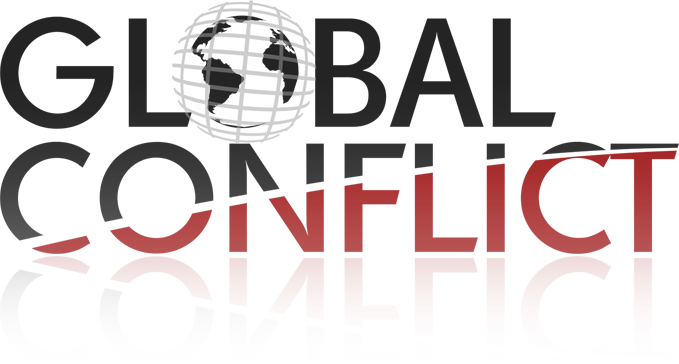|
Today, you and your group will present to the class about the causes of the conflict you were assigned. You will receive a formative score and feedback for your individual presentation (speaking and slide information). While you are presenting as a group, the score and feedback is based on individual preparation and performance. HW/Prep: Research, take notes on your selected cause of your assigned conflictYour homework between now and your summative conflict debate is to research and take notes. You need to find reliable (academic-worthy) sources about your conflict and selected cause to help build an argument on the position you will have in the debate.
A Block classes: Summative Argumentative Speech (Debate) is Friday, March 10th B Block classes: Summative Argumentative Speech (Debate) is Monday, March 13th HW tasks over the next week include:
Comments are closed.
|
Mrs. Stewart's CourseYou'll find a daily agenda posted here for each day that class meets Archives
May 2020
Categories |

 RSS Feed
RSS Feed